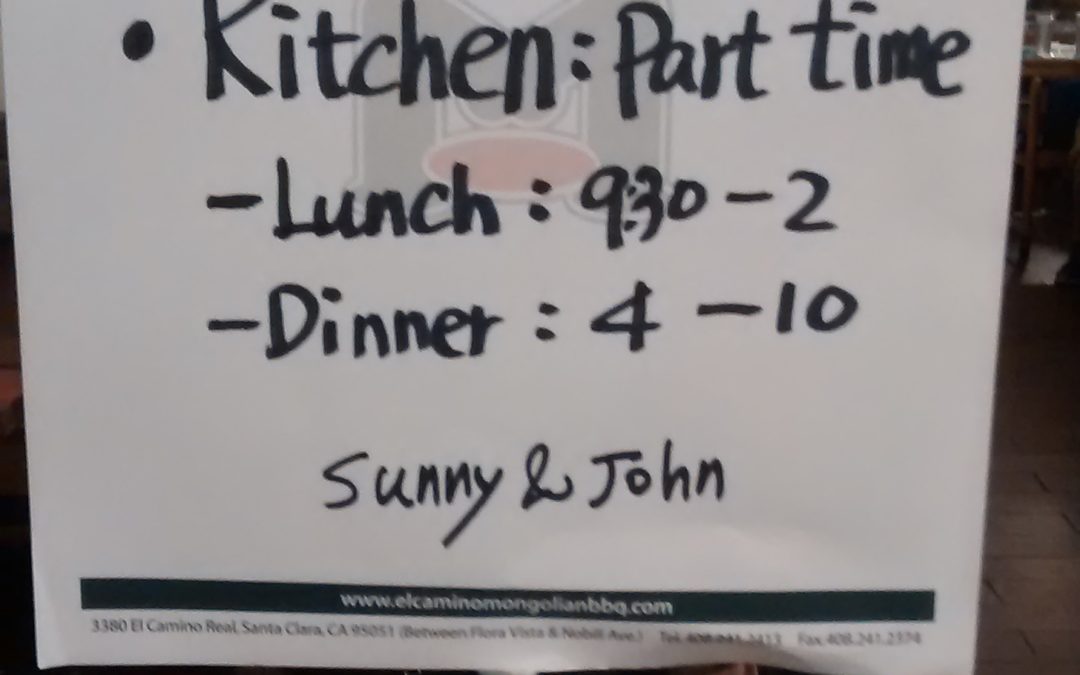by Andy Chen | May 14, 2020 | California, Employment
A lot of my ideas for blog posts come from topics I encounter while doing research on something else, usually a case I’m working on. In this post, I’m going to go over one of those topics — namely, the statute in California where the amount of the minimum wage is set. Much is said about the minimum age normally (e.g. it hasn’t gone up in X years, etc), particularly now. As I write this, it is mid-May 2020 and many people — at least a few earning minimum wage — are out of work or have been out of work for the last several weeks due to corona virus. When discussing the minimum wage, it’s important to be clear about which one applies. The federal government has one. Many states (e.g. California) have one. Many cities within a state also have one. For example, the city of San Jose, CA has a local ordinance ( San Jose Ordinance # 298929) specifying the minimum wage as $15.25 as of May 14, 2020. Many other cities in the vicinity of San Jose, CA also have higher minimum wages than what the state of California requires. In California, the statute that describes the amount of the minimum wage if California Labor Code section 1182.12. That statute is fairly long so I can’t paste the entire thing here. There’s a lot that goes over a lot of math and other computations that needs to be done. The parts that I’m guessing most of you will be interested in is where the actual values of the minimum wage are specified. That’s in section...

by Andy Chen | Feb 15, 2019 | California, Employment
One of my favorite places to go eat in the San Jose area is El Camino Mongolian BBQ. If you’re ever in the Santa Clara, CA area, stop on in. You can mention my name, if you want. (It likely won’t help you, but you can always mention my name. Ahahahahaha… okay, moving on). I was at El Camino Mongolian BBQ recently and snapped the above photo. The owners (Sunny and John) were hiring for kitchen staff. The subject of this blog post is going to be the two time ranges listed for the Kitchen help. If you’ve ever been to a restaurant — and I’m going to assume everyone reading this has — then it shouldn’t be a surprise to you that restaurant workers don’t work a normal 8 hour day. There’s a wave of people for breakfast (assuming the place offers breakfast) and then another wave for lunch and then another wave for dinner. It’s not uncommon for restaurants to shut down in the mid-afternoon (e.g. 3 PM to 5 PM) in between lunch and dinner. In California, a schedule involving a shut down period like this is called a Split Shift. Depending on their hourly wage, an employee may be entitled to additional compensation if they have to work a Split Shift. The governing law here is actually not going to be in a statute (e.g. California Labor Code) or a case, but rather it’s going to be in California regulations. These regulations are codified in Title 8 of the California Code of Regulations from sections 11010 to 11170. If you see references such as “8...


